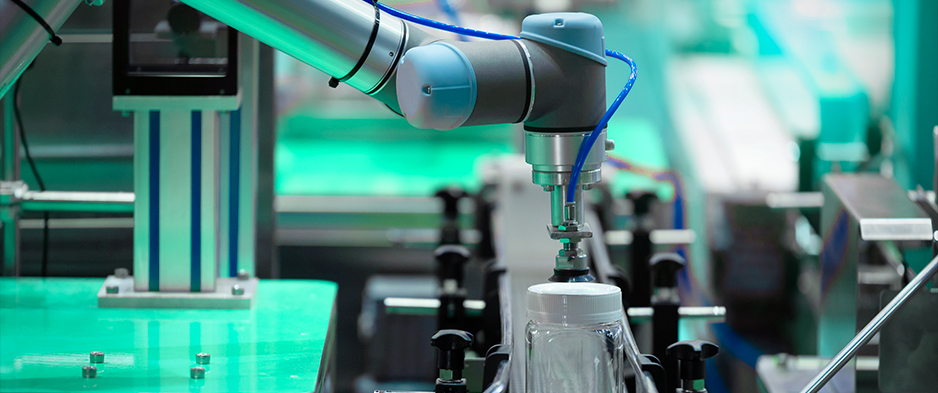What makes men different from machines? Primarily, cognition. The ability to understand situations and adapt accordingly. Today, innovation in the field of robotics is progressively bridging this gap. How? With cognitive robots.
Cognitive robotics aims to understand human cognitive models and reproduce them in robots. It researches new architectures and methodologies to improve the “perception-understanding-action” cycle of artificial autonomous systems. The goal is to allow robots to make proactive decisions and independently reconfigure their business according to the situation, as well as making interactions between humans and machines simpler and more natural.
Cognitive robots: a growing market
In recent years, Industry 4.0 has seen unprecedented growth thanks to technologies such as the Internet of Things, Smart Data and digital twins. This transformation of the industrial sector has begun to involve robotics in a much more impactful way. In particular, through artificial intelligence technologies such as machine learning and optical recognition.
According to Bill Ray, vice president and analyst, technologies and emerging trends at Gartner, “With cognitive intelligence, robots and drones can make proactive decisions. […] We expect this to become a standard for Industry 4.0 in the next five years. ”
This is also confirmed by a report by Allied Market Research, which highlights how the inspection robot market has reached 940 million dollars in 2020 and expects the sector to grow by 31% to reach 1.4 billion dollars by 2030.
Benefits and applications of cognitive robots in industrial automation
Improve predictive maintenance
Cognitive robots can inspect the machinery in the production plant, perform predictive maintenance and transmit analog information to the operating staff in a completely autonomous way.
Long-term intelligence and efficiency
One of the main advantages of cognitive robots lies in their ability to observe, learn and reconfigure their actions through technologies such as machine learning. In other words, the longer they work, the better they do.
Security and cybersecurity
Security is one of the most sensitive issues in Industry 4.0 and it is therefore not surprising that this is one of the applications of cognitive robotics. In particular, cognitive systems can be used in the development of cybersecurity solutions thanks to their ability to learn in real time from analyzed data and past experiences, in order to adapt to current situations and speed up the decision-making process in the event of problems or violations. .
They increase operational flexibility
The ability of these robots to learn and adapt is the key to making production more flexible. We are faced with a less rigid and increasingly proactive operational approach, intended to maximize the efficiency of companies. This of course with a positive impact on the budget, thanks to the possibility of cutting costs and waste.
DISCOVER THE MAIN TECHNOLOGICAL TRENDS IN INDUSTRIAL AUTOMATION OF 2022

